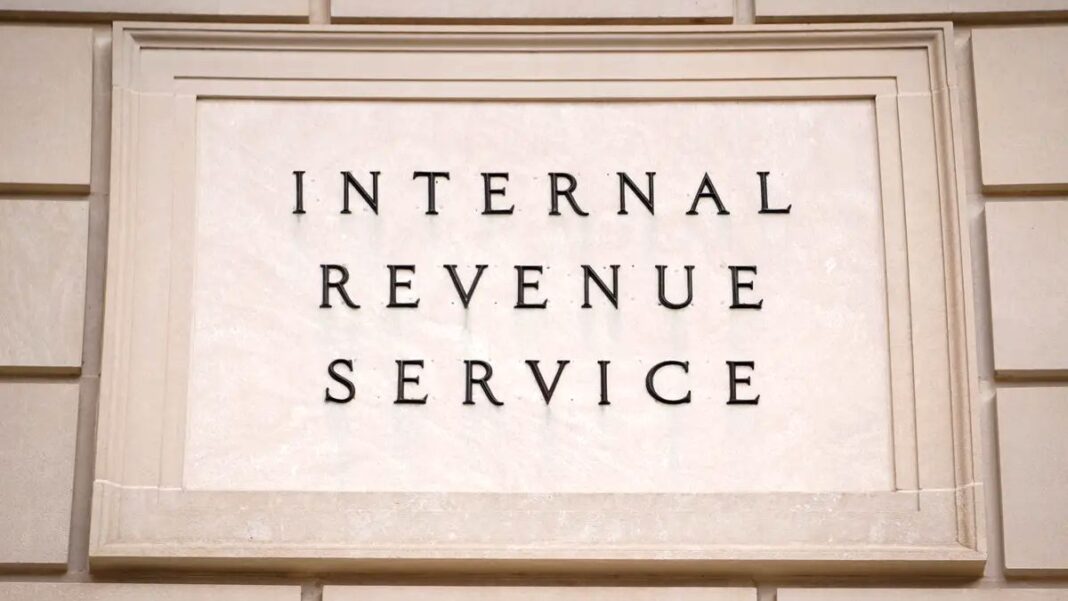
The IRS is sending out the notices to millions of people starting in January.
The Internal Revenue Service (IRS) next week will start sending letters to millions of Americans regarding unpaid tax bills, resuming a practice that was suspended several years ago.
The federal tax agency said in a recent news release that automated letters and “collection notices” will start going out “in January,” although it did not provide a specific timetable.
The letters will be sent to people with tax debts before to the tax year 2022 as well as tax exempt organizations, businesses, and trusts and estates with tax debts before 2023.
“These notices and letters were previously paused due to the pandemic and high inventories at the IRS but will gradually resume during the next several months,” the release says. “Current tax year 2022 individual and third quarter 2023 business taxpayers began receiving automated collection notices this fall as the IRS took steps to return to business as usual.”
The pandemic-related pause in letters “meant that some taxpayers who have long-standing tax debt have not received a formal letter or notice from the IRS in more than a year while some of this older collection work has been paused,” it said. “To help the taxpayers in this category as the normal processes resume, the IRS will be issuing a special reminder letter to them starting next month.”
What the letter will include is a reminder to the taxpayer regarding their “liability” and will tell them to contact the agency or make “alternative arrangements” to settle the debt. Taxpayers are also urged to “carefully read any letter or notice they receive” before they call the IRS.
“This letter will remind taxpayers about their tax liability, giving them an opportunity to address the tax issue before the next round of letters are issued. After receiving the reminder mailing, these taxpayers with long-standing unresolved tax issues will receive the next notice, informing them of a more serious step in the tax collection process,” it said.
The IRS said it is also waiving failure-to-pay penalties for certain taxpayers who were impacted during the tax years 2020 and 2021, estimating that some 5 million tax returns are eligible for the penalty relief.








